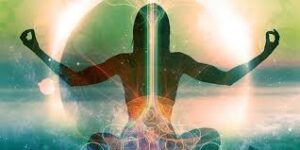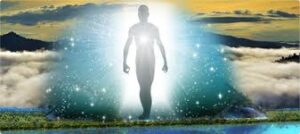HYPOTHESIS: You may anticipate, create and sustain coincidental events within your personal reality field.
In this experiment you will attempt to intentionally create coincidental events within your Personal Reality Field. This experiment is most easily conducted when you are experiencing the coincidental events in your current Moment Point. As you gain experience in observing your consciousness and the synchronous events you participate in, it will become easier to anticipate coincidental events. You will be able to sense them coming to you from the future.
Now you are creating these future events from your current moment, you see. As you are experiencing the wonder, awe and amusement that comes with this type of experience, you will be pleasantly motivated to continue with your research. Remember that you may use your powers of intent to extend these feelings and these events for some time.
CONDUCTING YOUR RITUAL OF SANCTUARY
Pick out anything in your field of perception. For example: say to yourself that the bird in the tree in front of you will now be a part of a coincidental event with something else in your Personal Reality Field. Quite soon after this inner declaration, watch your environment closely for the coincidental experience.
You are using your imagination to create a synchronous event, you see, that will then be fabricated out of Conscious Units for your viewing within your Personal Reality. You may then “expect” a third synchronous event to materialize, and so on. This is very much like child’s play, and is quite a fun way to spend a few minutes of your day.
FINDINGS– Document your findings

























































